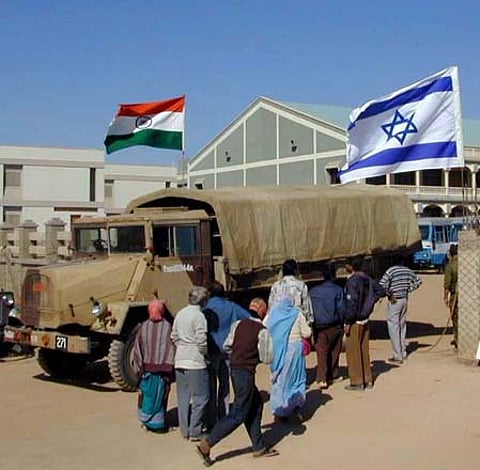Natural allies of Hindutva
The elections for India's 16th Lok Sabha, which resulted in an overwhelming mandate in favour of the rightwing Bharatiya Janata Party (BJP), were largely dominated by a clutch of domestic concerns including the state of the economy, unemployment and rampant corruption. As usual, matters of international import were largely ignored, or placed on the backburner. The foreign policy sections of the various party manifestos also did not provide much insight into the political ideology or thinking of the parties.
Curiously, one of the clearest indications of the political thinking of the BJP lay tucked away in a section of its manifesto titled 'Foreign Relations – Nation First, Universal Brotherhood'. According to one crucial statement, "India shall remain a natural home for persecuted Hindus and they shall be welcome to seek refuge here." This belief was clearly reflected in the BJP's political campaigning, as prominent leaders including prime ministerial candidate Narendra Modi called for accommodating and settling Hindus who had come from Bangladesh, while at the same time vilifying Bangladeshi Muslim migrants and threatening mass deportation.

